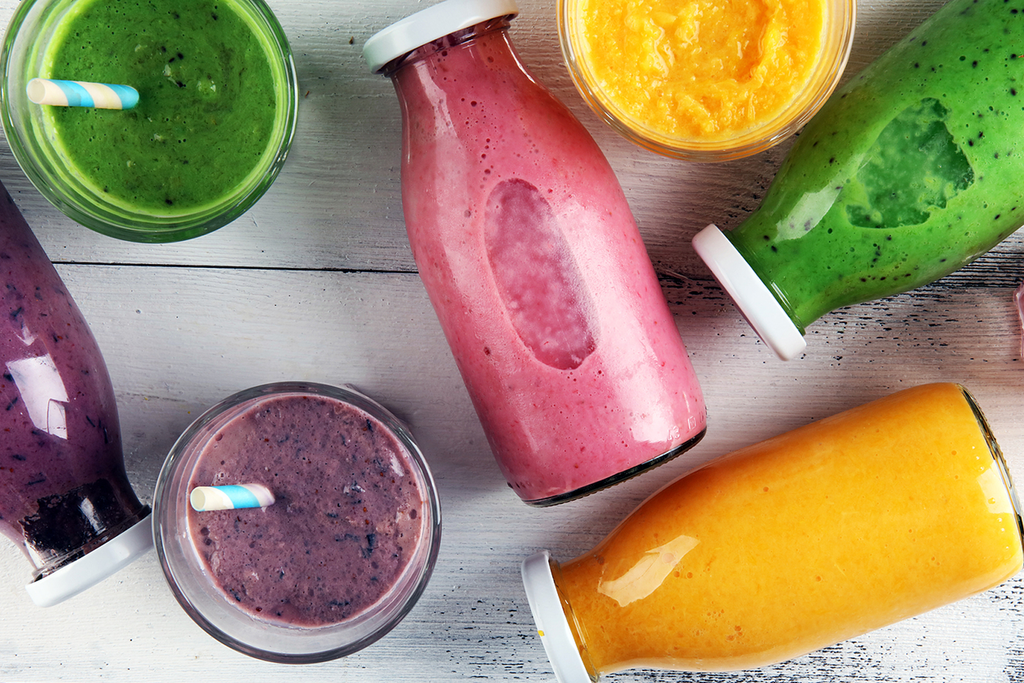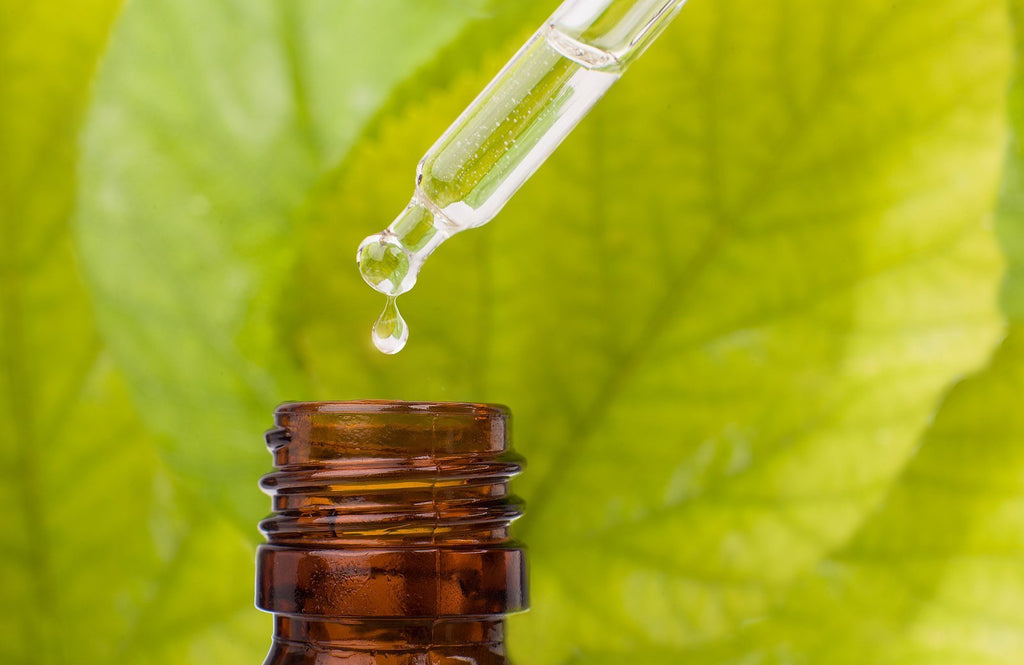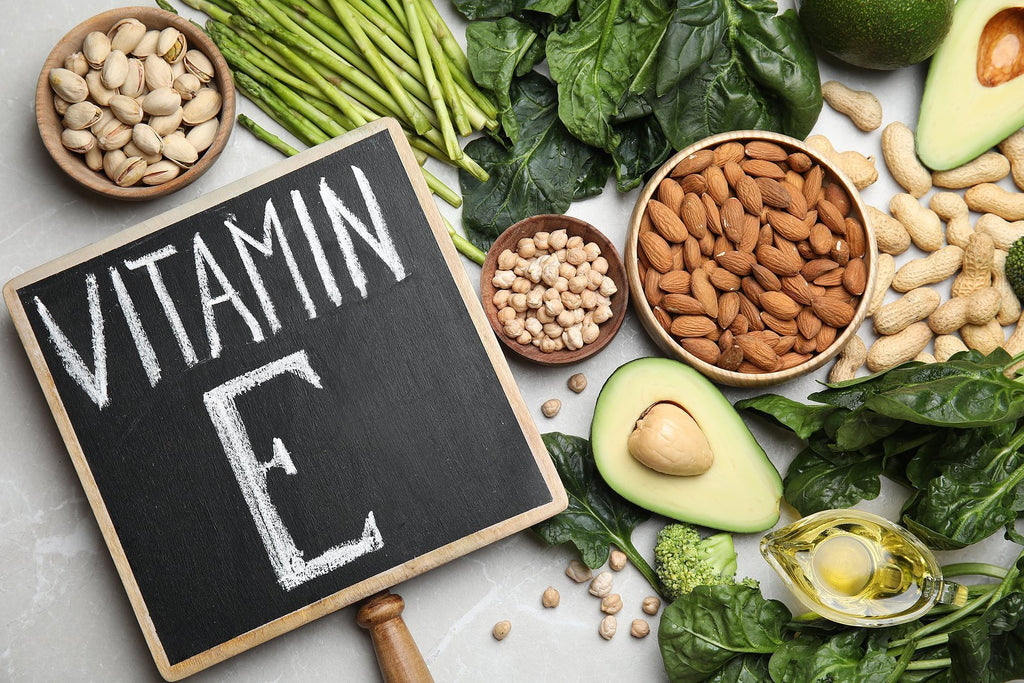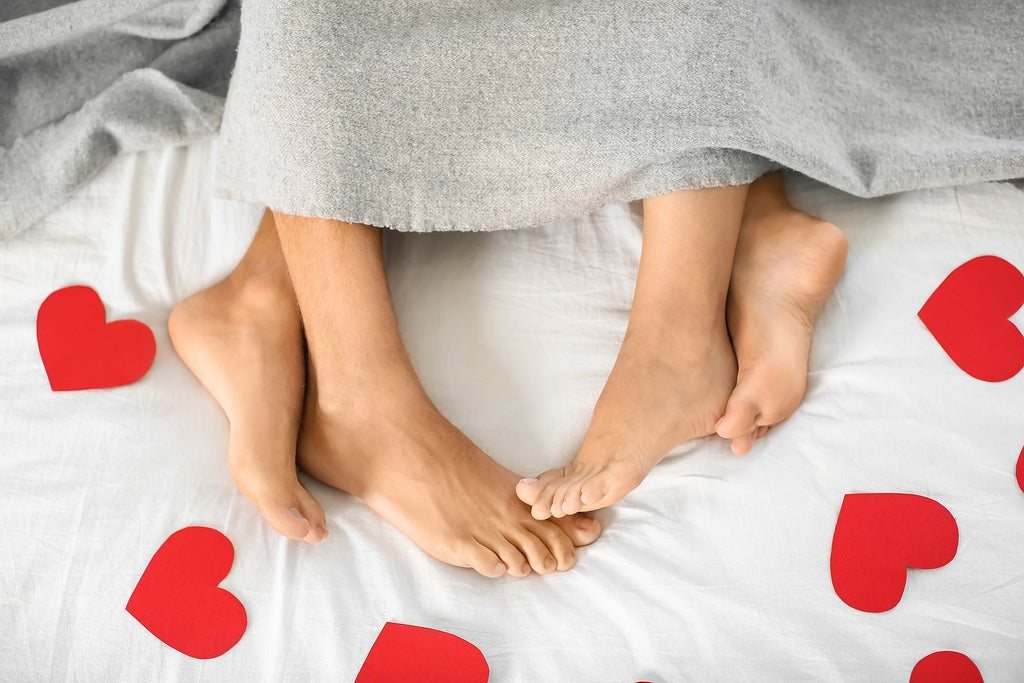Protect Your Eyes From Harmful Blue Light Exposure – From The Inside Out
Macular degeneration, cataracts and other vision problems are not necessarily inevitable as you get older. There is evidence that now, more than any other time in the past and regardless of your age, you need to consume high enough quantities of lutein, or you risk developing problems with your eyes and vision.
The Lutein Basics
Lutein is a carotenoid, a pigment found in plants. It’s what gives plants an orange, yellow, or red color. Most carotenoids are substances that your body converts into vitamin A. Most, but not all. Some carotenoids, lutein for example, cannot be converted into vitamin A. Yet they play an extraordinarily important role in your health and the quality of your life.
In nature, lutein protects plants from damage caused by excess light, particularly when they absorb short energetic blue wavelengths. The same goes for your eyes – lutein protects your eyes from these blue wavelengths.
When you get lutein in your diet or take a dietary supplement that contains lutein, it accumulates in the macula – the part of your eye that controls central vision. You need adequate amounts of lutein to accumulate in the macula to protect your eyes from the damaging blue light wavelength.
Your Body Doesn’t Make Lutein
The only way that you can get lutein is by eating food, or taking a dietary supplement that contains lutein. Now more important than any other time in history, it’s vital to ensure your diet has enough lutein because of…
The Blue Light Epidemic
Electronics with screens, such as computers and phones, emit this blue wavelength. The more we use and depend upon this technology, the more blue light exposure our eyes get. Of course, the sun also emits blue wavelengths, so technology has not created the problem, but worsened it. Certain plants evolved to contain lutein because of the blue light emitted by the sun. Many of us will get an average day of blue light exposure during daylight hours, and then at night will stare at a TV, computer, or phone. Plus certain types of lights emit blue wavelengths, like fluorescent tubes in so many offices.
This sheer amount of blue wavelength light is a larger problem now than it has ever been in the past. Blue light gets exposed to the lens and the retina of your eye. This has been associated with macular degeneration and cataracts. Both conditions can lead to poor or lost vision. Lutein is not only considered a preventative measure for eye health, but it can actually stop the progression of these other conditions.
Blue light is also regarded as one of the causes of digital eyestrain. You know, sore, dry, itchy eyes after a day exposed to screens. Digital eyestrain is now overtaking carpal tunnel as the leading complaint associated with computer use.
What’s The Answer?
It’s a simple two-part answer:
1. ↓ Decrease your exposure to blue light.
2. ↑ Increase the amount of lutein in your diet.
Zeaxanthin and Lutein
I know it’s not the easiest word to look at and pronounce. But it’s also hard to talk about lutein without mentioning zeaxanthin, because it’s another eye-protecting carotenoid that accumulates in your retina. You need zeaxanthin in your diet and, like lutein, it comes from plants.
These two carotenoids increase pigment density and further protect your eyes from disease.
Lutein Isn’t Just For Your Eyes
It’s a strong anti-inflammatory and can lower your risk for diabetes, cancer, and heart disease. Therefore, if you get plenty of lutein to protect your eyes, you’re also protecting your brain because lutein accumulates there and reduces the risk for cognitive decline. Studies have shown that higher lutein levels in older adults are linked to better memory, mental processing, and speed.
Actions You Can Take
Most importantly, eat lutein-rich foods, such as leafy greens, kale, spinach, broccoli, brussels sprouts, kiwis, carrots, pumpkin, papaya, sweet potatoes, citrus fruit, and pasture-raised egg yolks.
Take a high quality supplement made from specially chosen ingredients. For all of the reasons mentioned in this blog, and because most people don’t get enough lutein or zeaxanthin in their diet, I’ve included both in my multivitamin called Multivitamin & Mineral. Unless you eat large amounts of lutein-containing foods each day, make sure the vitamins you include in your daily regimen have lutein and zeaxanthin in them.
Take regular breaks from your computer and phone, particularly at night. At least once every 20 minutes, look away from your screen at objects that are far in the distance.
Filter the blue light you’re exposed to. Many phones have a blue light filter that you can turn on to cut exposure. Do this especially at night, so that blue light doesn’t interfere with your eyes and with your brain’s process of making melatonin for good sleep.
Do all these things. Now. It doesn’t matter how old or young you are. It’s an investment. Your eye health and your vision are just too important to ignore.
I’ll see you in the next blog and, hopefully, you’ll be seeing blogs with ease for many, many years to come.
"I switched to these after learning my usual "natural" brand sold to Nestle (NO THANK YOU). Although it was a pain to find a brand that was actually natural, I'm so glad I had to make the switch. The purity of these are a breath of fresh air and they make me feel great. I definitely recommend!"
Sarah Mann | ⭐️⭐️⭐️⭐️⭐️
Multivitamin & Mineral
Sharing is Caring
Know Your Body - Know Your Health






